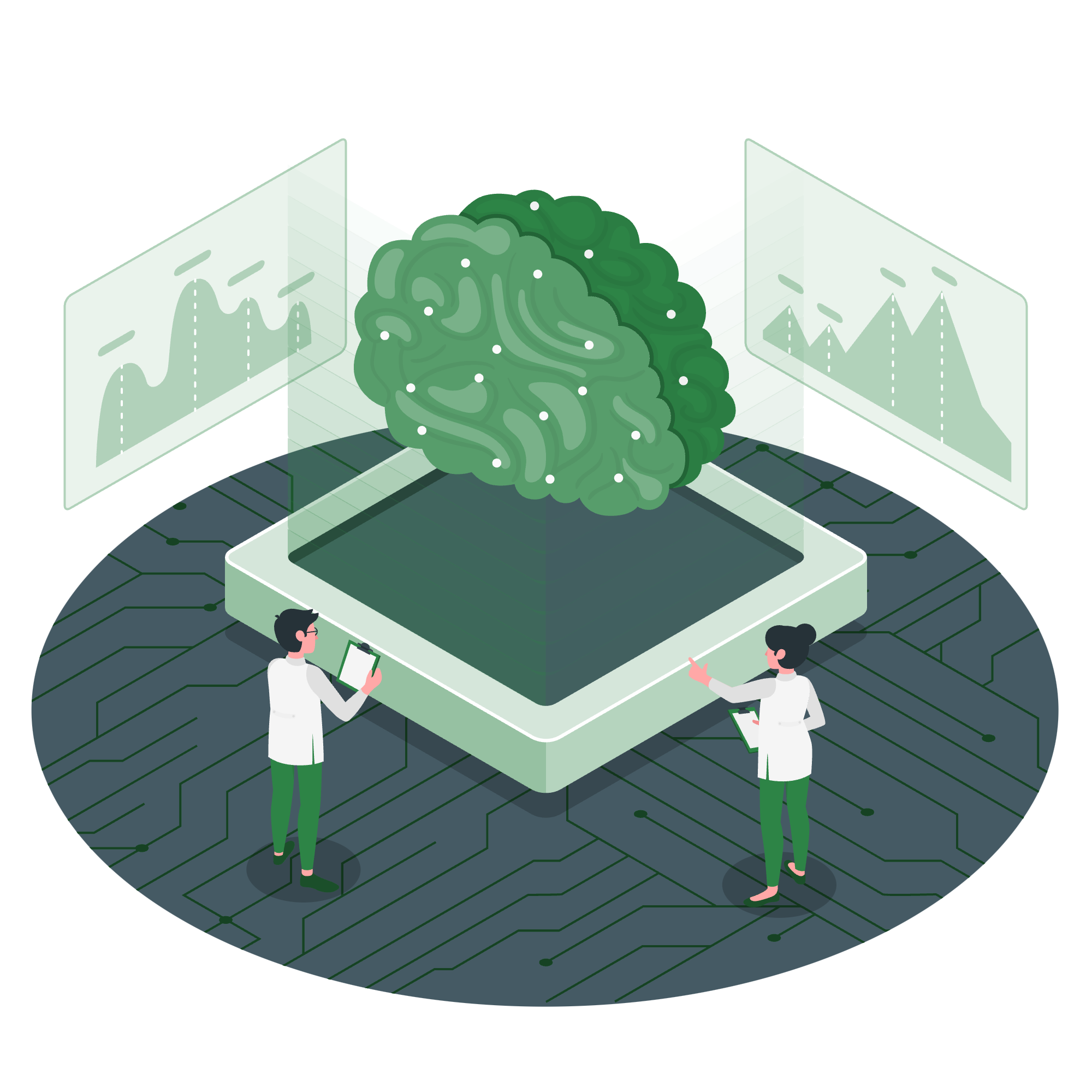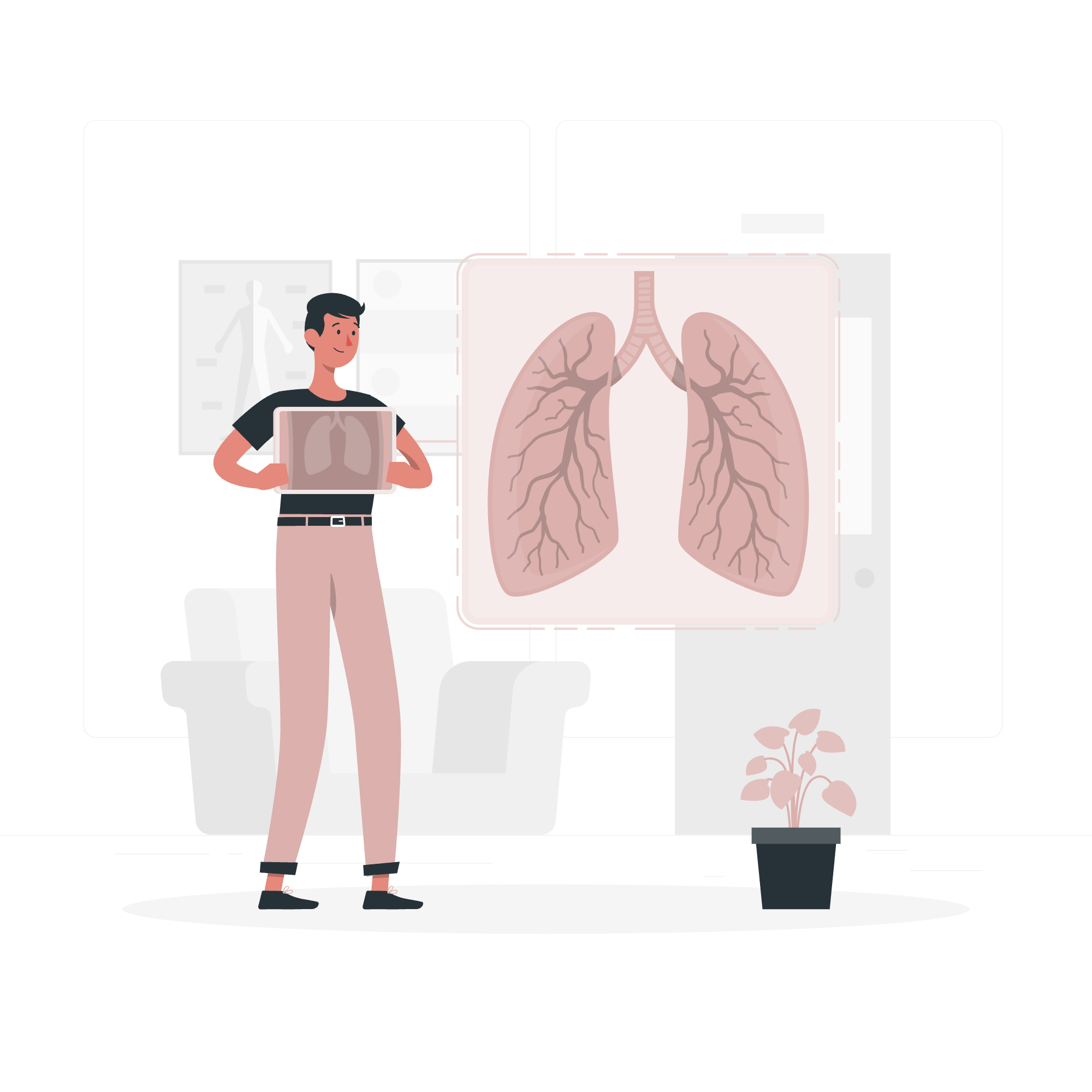Our Focus
The Data Science and its Applications group at the DFKI conducts research in the following funded research areas.
If you would like to contribute to or collaborate on one of these projects, be it as a research assistant, doctoral or postdoctoral researcher, then we would like to hear from you!
AI4Nof1

Reducing patient burden and research cost: the AI4Nof1 project leverages cutting edge developments in (causal, neurosymbolic) reinforcement learning, psychometrics and digital epidemiology to build adaptive personalised treatment regimes for chronic conditions, simultaneously identifying phenotypes and causal pathways while minimising the time and number of measurements needed for patients to find a treatment that is right for them.
curATime

curATime is a collaborative, multi-centre effort applying AI methods to high-dimensional biomedical data to promote an understanding of biological processes associated with cardiovascular illness. This exciting project involves highly granular data collected as part of the Gutenberg Health Study — a prospective cohort study of a representative sample (N = 15000) of the population of Mainz — including genotyping, DNA methylation, transcriptomics, proteomics and extensive time-varying clinical information.
Eventful

An ‘event’ can describe any state with a timestamp. Some events are directly observable (death, crime reports, flooding) while others represent latent changes in an underlying process (flares in disease, social unrest, a cyber-attack).
LLMDomE

Large language models (LLMs), such as GPT-4, can communicate textually on a variety of topics. They are increasingly ubiquitous in private and public spheres, transforming digital workflows. LLMs are used in many domains, applications, and professional fields, in order to simplify the retrieval of facts and access to information.
Multimodal ML for lung cancer

The MIRACLE project is developing an innovative multimodal machine learning approach combining clinical, biological and radiological data to identify patients with early-stage resected non-small-cell lung cancer who have a higher risk of relapse.
Trustworthy AI in medicine

The TrustifAI project aims to contribute a set of concrete solutions to improve trustworthiness of AI applications in health and wellbeing at various stages of development lifecycle. A quality platform for development of trustworthy AI applications will enable users to create efficient and effective data science analytics pipelines through a human-in-the-loop approach with the goal of increasing trustworthiness.
Our Network
The DSA proudly collaborates with a wide network of scientists and professionals from around the world. We aspire to turn our shared values into innovation and education standards in the domain of data science. A few select collaborators are listed below.
Fraunhofer & München
Durham & Alan Turing Institute
University College London
Stanford & Microsoft
Cambridge
Oxford & Deep Mind
Imperial College
Escuela de Gobierno y Transformación Pública
Carnegie Mellon University
Oxford
Oxford & Alan Turing Institute
Our Latest Publications
Trends in Pediatric Hospital Admissions Caused or Contributed by SARS-CoV-2 Infection in England
To investigate the changing characteristics of SARS-CoV-2-related pediatric hospital admissions over time. STUDY DESIGN: This was a national, observational cohort study from July 1, 2020, to August …
Harrison Wilde, Christopher Tomlinson, Bilal A. Mateen, David Selby, Hari Krishnan Kanthimathinathan, Spiros Denaxas, Seth Flaxman, Sebastian Vollmer, Christina Pagel, Katherine Brown • 2025
Actionable Trustworthy AI with a Knowledge-based Debugger
The rapidly evolving regulatory landscape in AI presents significant challenges to establishing and maintaining trust. AI practitioners face a substantial burden in understanding and operationalizing …
Priyabanta Sandulu, Andrea Šipka, Sergey Redyuk, Sebastian J. Vollmer • 2025
The Power of Stories: Narrative Priming in Multi-Agent Networked Public Goods Games
Research suggests that large-scale human cooperation is driven by shared narratives that encode common beliefs and values. This study explores whether such narratives can similarly nudge LLM agents …
Gerrit Großmann, Larisa Ivanova, Sai Leela Poduru, Mohaddeseh Tabrizian, Islam Mesabah, David Antony Selby, Sebastian Vollmer • 2025
Describing variability of intensively collected longitudinal ordinal data with latent spline models
Population health studies increasingly collect longitudinal, patient-reported symptom data via mobile devices, offering unique insights into experiences outside clinical settings, such as pain, …
Mark Lunt, David Antony Selby, William Dixon • 2025
X-Hacking: The Threat of Misguided AutoML
Explainable AI (XAI) and interpretable machine learning methods help to build trust in model predictions and derived insights, yet also present a perverse incentive for analysts to manipulate XAI …
Rahul Sharma, Sumantrak Mukherjee, Andrea Sipka, Eyke Hüllermeier, Sebastian Vollmer, Sergey Redyuk, David Antony Selby • 2025
Collaborate with Us
Cooperation is at the heart of our operations, and we are always looking for new academics and professionals with whom we can shape the future of data science. If you have ideas on how we could collaborate or just want to discuss our work, please reach out!